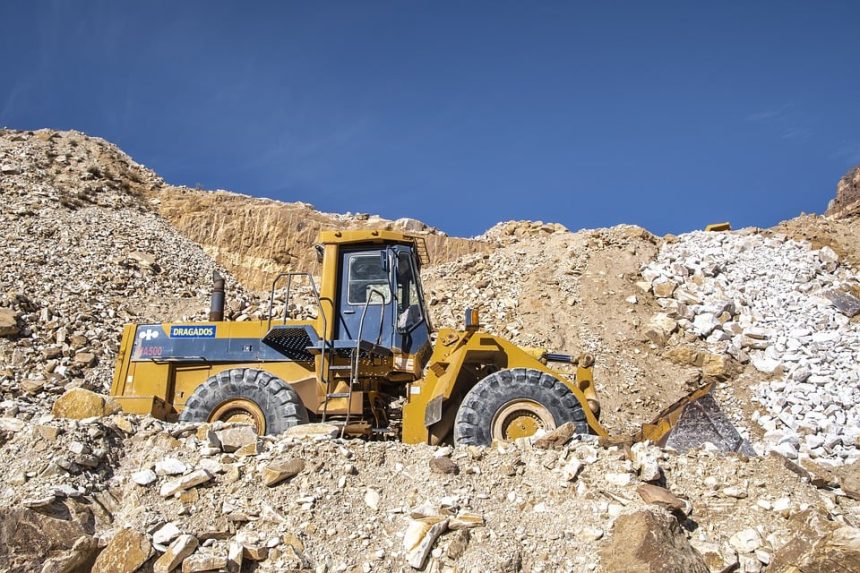Nevada’s rich history of mining has left a legacy of cabins scattered across the state. These structures, often located on non-patented land, serve as a testament to the industrious miners who once called them home. Today, these cabins hold value for various purposes, but their legal and tax implications require careful consideration. This article provides an in-depth exploration of mining cabins not patented but pay taxes in nevada qui, focusing on those not patented but subject to taxation.
Understanding the Mining Cabins not Patented but Pay Taxes in Nevada Qui
What Are Non-Patented Mining Cabins?
Non-patented mining cabins are structures built on federal land that has not been privately claimed through a patent. These cabins are often used as shelters by miners and prospectors while working on a claim. Although they exist on public land, the structures themselves are considered personal property.
Legal Framework for Non-Patented Cabins
- Ownership: The federal government retains ownership of the land, while the cabin is considered private property.
- Permits and Compliance: Owners must typically obtain permits for their cabins and ensure compliance with Bureau of Land Management (BLM) regulations.
- Tax Responsibilities: Even though the land is not owned, the cabin’s owner is responsible for paying property taxes on the structure.
Taxation of Mining Cabins in Nevada
Why Are Taxes Required?
In Nevada, taxation applies to improvements on federal land. Mining cabins are taxed because they are tangible assets with assessed value, regardless of the ownership status of the underlying land.
How Are Taxes Assessed?
- Valuation Process: Local county assessors evaluate the cabin’s value based on factors such as size, construction materials, and usage.
- Tax Rate: The tax rate is determined by the county where the cabin is located and is applied to the assessed value.
- Payment Schedule: Taxes are typically due annually, with penalties for late payments.
Key Considerations for Owners
- Tax Exemptions: Some cabins may qualify for exemptions if used for specific purposes.
- Liabilities: Failure to pay taxes can result in penalties or liens against the property.
- Documentation: Owners must maintain clear records to verify compliance with tax obligations.
Benefits of Non-Patented Mining Cabins
Affordable Shelter
- Cost-effective housing for miners and prospectors.
- Potential use as vacation or hunting cabins.
Preservation of History
- Many cabins are historically significant, reflecting mining cabins not patented but pay taxes in nevada qui heritage.
- Opportunities exist to restore and repurpose these structures for tourism or educational purposes.
Flexibility in Usage
- Adaptable for recreational use or as temporary workstations.
- Some owners use these cabins as base camps for exploration activities.
Challenges of Owning Non-Patented Mining Cabins
Regulatory Compliance
- Strict adherence to BLM and county regulations is required.
- Unauthorized modifications can lead to penalties.
Maintenance Costs
- Harsh weather conditions in Nevada can increase repair and upkeep expenses.
Uncertain Tenure
- The federal government may require the removal of the structure under certain conditions, such as land reclamation or environmental concerns.
How to Manage a Non-Patented Mining Cabin
Stay Informed About Regulations
- Regularly check updates from the BLM and local authorities.
- Attend community meetings and workshops related to mining properties.
Maintain Proper Records
- Keep copies of permits, tax payments, and any correspondence with authorities.
Invest in Maintenance
- Periodically inspect the cabin for damages.
- Use durable materials for repairs to reduce long-term costs.
Consider Professional Advice
- Consult legal and tax professionals to ensure compliance with all regulations.
- Hire experts for historical preservation projects if applicable.
Conclusion
The mining cabins not patented but pay taxes in Nevada qui even those on non-patented land are subject to taxation and regulatory oversight. While they offer unique opportunities for shelter, recreation, and historical preservation, owning these cabins requires diligence in complying with legal and tax obligations. By staying informed, maintaining proper records, and investing in maintenance, owners can enjoy the benefits of these structures while honoring Nevada’s mining heritage.





